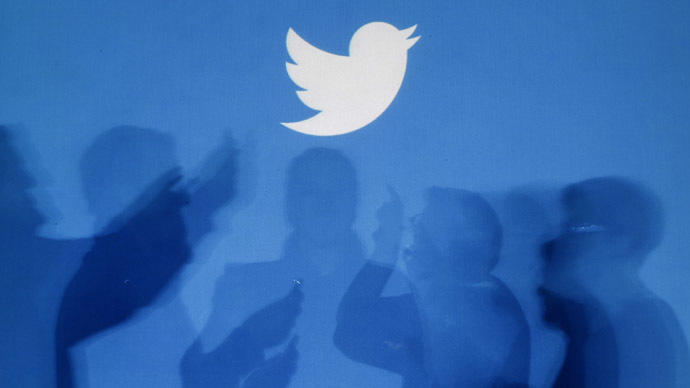Twitter may map hot spots for… coronary heart disease

An international team of researchers has found out that words used on social media may provide medics with a basis for predicting the rate of heart disease, as well as potentially indicating a community’s overall psychological well-being.
Apart from being a social platform for communication, Twitter may serve as a “barometer”for the physical and psychological health of the population as a whole, judging by the words locals use to describe their emotions.
The study, comparing traditional heart disease risk factors, such as obesity, smoking, lack of exercise or stress, to the tone of Twitter declarations, was conducted by scientists from the University of Melbourne, Australia, and the University of Pennsylvania, the US, and published in the journal Psychological Science.

“Using Twitter as a window into a community’s collective mental state may provide a useful tool in epidemiology and for measuring the effectiveness of public-health interventions,” lead author Margaret Kern, from the Centre for Positive Psychology, Melbourne Graduate School of Education, said.
The scientists compared the usage of such “negative” words as “hate” or “bored” to more “positive” ones, like “wonderful” and “friends” in public tweets. As it turns out, they correlate with a different scale of heart disease risk – even when other variables like income and education have been considered.
“The relationship between language and mortality is particularly surprising , since the people tweeting angry words and topics are in general not the ones dying of heart disease,” Andrew Schwartz, an author of the study, said in the press-release. “But that means if many of your neighbors are angry, you are more likely to die of heart disease.”
The study was based on a set of tweets with an indication of location made between 2009 and 2010 in approximately 1,300 US counties, thus encompassing 88 percent of the country’s population. It involved both established emotional expressions and automatically generated clusters of words concerning behaviors and attitudes.
“We can’t predict the number of heart attacks a community will have in a given timeframe, but the language may reveal places to intervene,” co-author Johannes Eichstaedt from the University of Pennsylvania said.
Coronary heart disease is a common cause of early mortality, and it is a matter of concern to American public health officials, who collect data on its cases and possible risk factors.
Kern said: “The world of social media is a new frontier for social science research,” as it is much easier and cheaper than traditional questionnaires.












